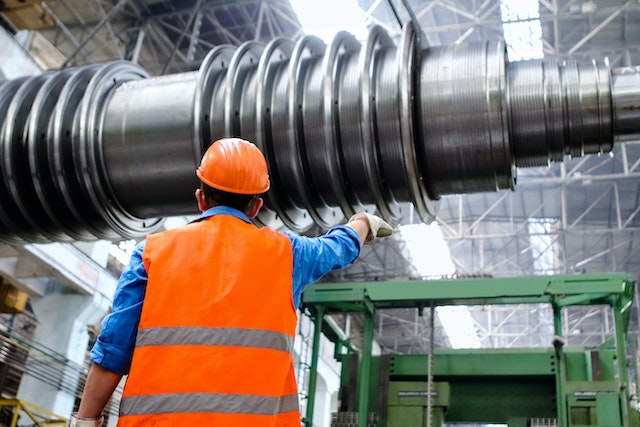Manufacturing heavy industrial components is a complex and challenging process that requires expertise, precision, and attention to detail. The manufacturing process involves several stages, including design, prototyping, production, and testing. While the process can be rewarding, it comes with its own set of challenges.
1. Material Selection
One of the most critical decisions in manufacturing heavy industrial components is selecting the appropriate materials. The components must be durable enough to withstand extreme conditions, including high temperatures, heavy loads, and corrosive environments. The selection process requires careful consideration of the component’s function, operating environment, and expected lifespan.
Manufacturers must also consider the cost of materials. The cost of raw materials for heavy industrial components can be significant, and finding cost-effective solutions without compromising on quality can be challenging.
2. Design Complexity
The process of designing heavy industrial components is an intricate and demanding task that necessitates an in-depth comprehension of the component’s intended purpose and functionality. Precision is key, and the design must take into consideration various critical factors such as size, weight, and the expected forces the component will endure during operation. The manufacturing process must also be taken into account, as certain designs may prove to be more complex and difficult to manufacture.
Moreover, heavy industrial component design often requires customization to meet the unique needs of each client, which can add an additional layer of complexity. As a result, the design process becomes more challenging, necessitating careful consideration of multiple factors to deliver a high-quality and efficient final product.
3. Production Process
The production process for heavy industrial components is a complex and time-consuming process. The components are typically large, requiring specialized equipment and machinery for production. The production process also involves a significant amount of manual labor, including welding, cutting, and assembly.
Manufacturers must ensure that the production process is efficient and cost-effective. They must also ensure that the quality of the components is not compromised during production. This requires close supervision and quality control measures throughout the production process.
4. Logistics
Transporting heavy industrial components can present significant challenges due to their sheer size and weight, which can be substantial. To ensure that these components reach their destination safely and securely, manufacturers must engage in meticulous planning and coordination with logistics companies. This includes selecting the most appropriate transportation methods, such as specialized trucks or cargo planes, and obtaining the necessary permits and certifications.
The installation process for heavy industrial components can be just as challenging as their transportation. Given their weight and size, the installation process often requires specialized equipment and highly skilled labor to ensure that the components are installed correctly and safely. This may involve designing specialized mounting mechanisms or using a bridge crane kit and other lifting equipment to position the components securely.
To ensure that the installation process runs smoothly, manufacturers must also conduct thorough safety assessments and provide their clients with detailed installation instructions. This will help to minimize the risk of accidents or equipment damage during the installation process. By taking these precautions and working closely with logistics companies and clients, manufacturers can transport and install heavy industrial components safely and efficiently.
5. Testing and Quality Control
Heavy industrial components are subject to rigorous testing and quality control measures. The components must meet strict safety and performance standards before they can be used in the field. This requires extensive testing, including non-destructive testing, pressure testing, and fatigue testing.
Manufacturers must also implement quality control measures throughout the production process to ensure that the components meet the required standards. This requires close monitoring of the production process, including inspection and testing of materials and components at various stages of production.
Conclusion
Overcoming the challenges of manufacturing heavy industrial components requires careful planning, close supervision, and quality control measures throughout the production process. By addressing these challenges, manufacturers can produce high-quality, durable, and reliable components that meet the needs of their clients.
